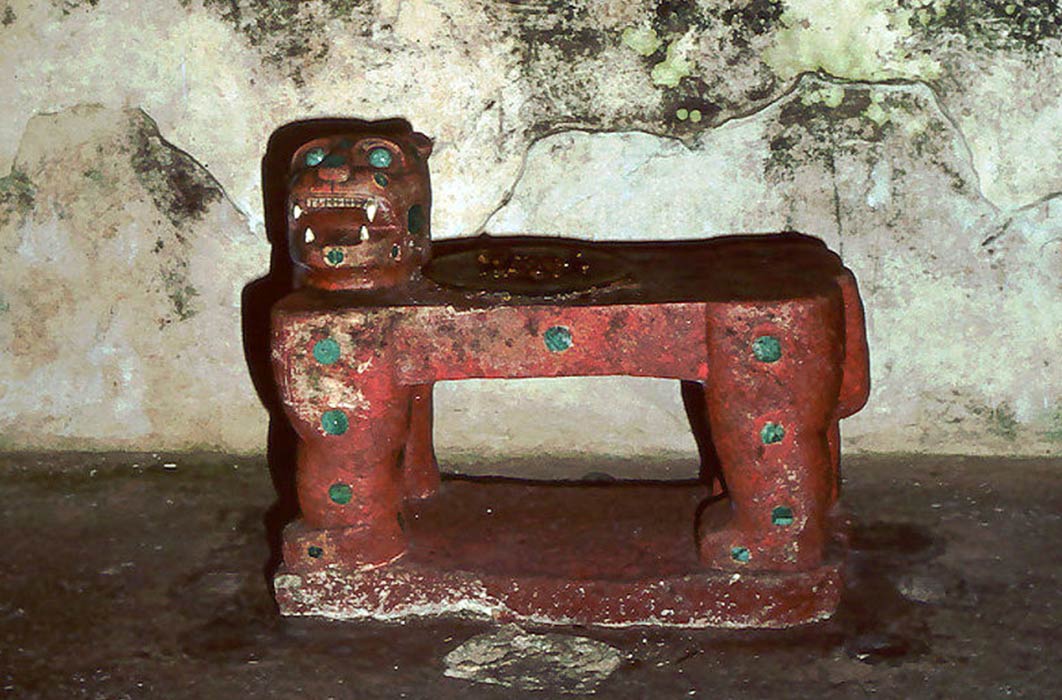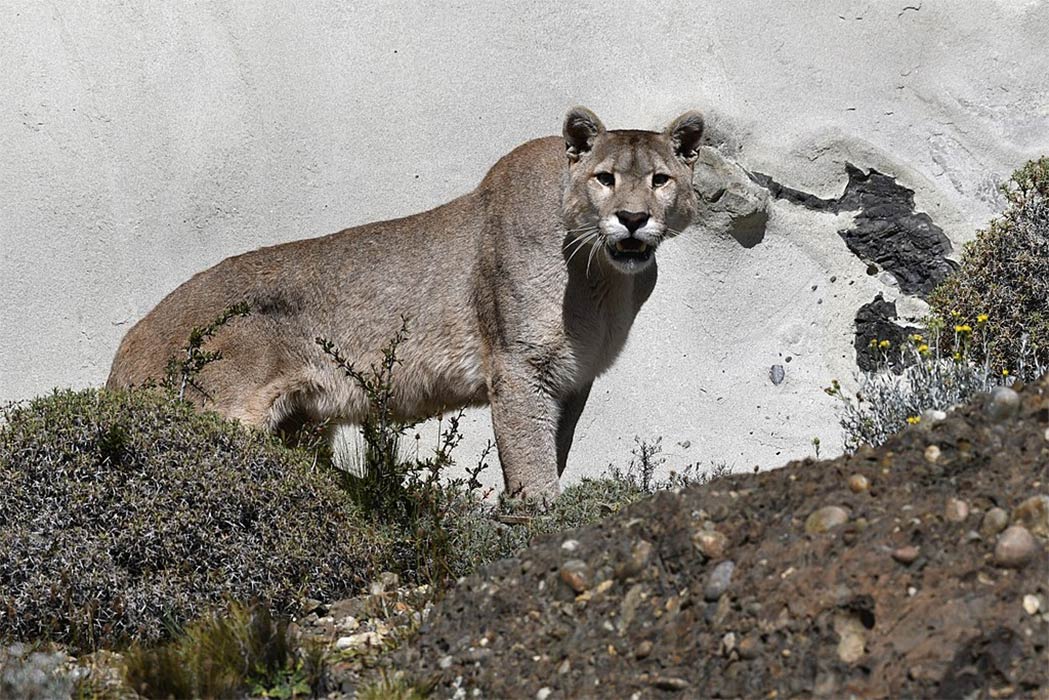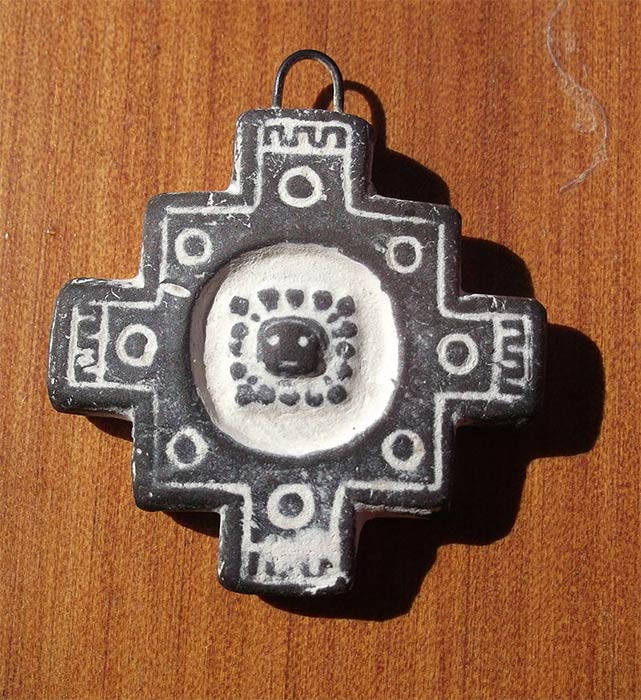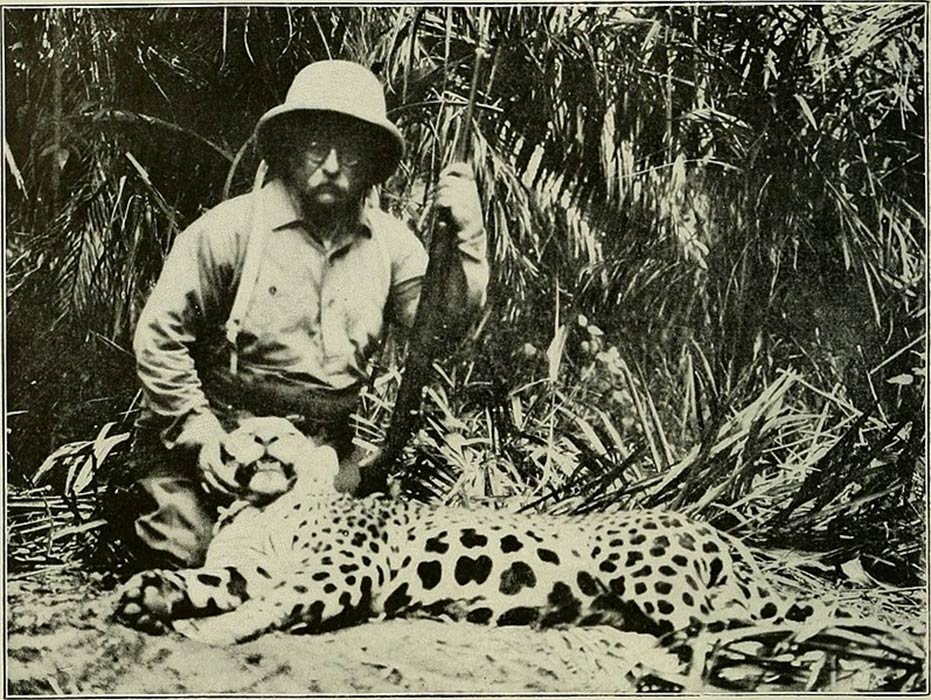
Pumas, Cougars And Jaguars: Feline Deities Of Prehistoric South America
The Andean mountain lion, often called the South American cougar, (Puma concolor), is perhaps best known simply as the puma, and this manhunter ruled the forests and jungles of western South America, from Colombia and Venezuela to Peru, Brazil, Argentina and Chile. Several species have been identified in ancient South America: from Chile, Puma concolor puma named by explorer Juan Ignacio Molina in 1782; from Argentina, Puma concolor cabrerae proposed by Reginald Innes Pocock in 1940 and from Brazil Puma concolor capricornensis named by Edward Alphonso Goldman in 1946. Since 2017, however, all of these species have been grouped as Puma concolor concolor defining the cougar subspecies native to South America.

South American cougar at Torres del Paine National Park, in the Chilean part of Patagonia (Wolves201/ CC BY-SA 4.0)
The Cougar Of The Chankas
According to the 1771 book Puma, Wild Cats: Status Survey and Conservation Action Plan, the cougar preys on birds, camelids, deer, sloths, rodents, frogs, agoutis, lizards, and spectacled bear cubs. Furthermore, in Peru, the cougar only abandons kills when it is harassed by the Andean condor, meaning the animal kills 50% more prey than North American cougars. Alongside its cousin, the jaguar, cougars hold immense historical, cultural and ritual significance amongst many South American peoples. Mary Strong’s 2012 book Andean Thinking, Art, Nature, and Religion in the Central Andes: Themes and Variations from Prehistory to the Present, informs that indigenous people in the Andes regarded the puma as being either a snatcher of souls, or as a helper of people, and the Chankas, archenemies of the Incas, had the cougar as their deity.

Artesany with the shape of a Chakana (Jujuy, Argentina). (Bsea/CC BY-SA 3.0)
The Chanka people are from the Quechua ethnic group, who were based in Andahuaylas located in the modern-day region of Apurímac, but their domain included the regions of Ayacucho and Lamas of Peru. The Chanka people believed in a threefold cosmology, and these three universal spheres, or worlds, were enshrined in the symbol of the Chankana, (or Inca Cross), the Quechua name for the three-stepped Andean cross. Three sacred animals were symbolic representatives of these three conceptual levels called pachas: the snake represented the lower or Underworld; the heavens were represented by the condor and the middle world, earth, was represented by the puma, and this cosmology was also adopted by the Incas.

An unfortunate South American jaguar killed by Colonel Theodore Roosevelt. (1915) (Public Domain)
The Puma Of The Incas
The Incas, observed condors travelling long distances from Lima in the north to the Andes mountains in the southwest and this is why Inca priests believed the bird was a messenger for the heavenly deities that carried souls on its wings to the afterlife. The snake represented the Underworld. Unlike the Christian version signifying hell and eternal punishment, the snake in Chanka and Inca cultures represented the beginning of new life, wisdom and knowledge. The puma was the greatest predator in the Andes, and it became a prime symbol of power and strength, and continued life on earth, and its power was deemed so great that many researchers believe the Incas designed their capital city of Cusco in the shape of a puma, with the gargantuan stone fortress of Saqsayhuaman representing the head.




